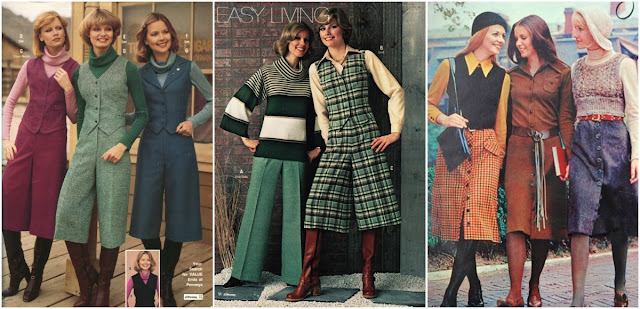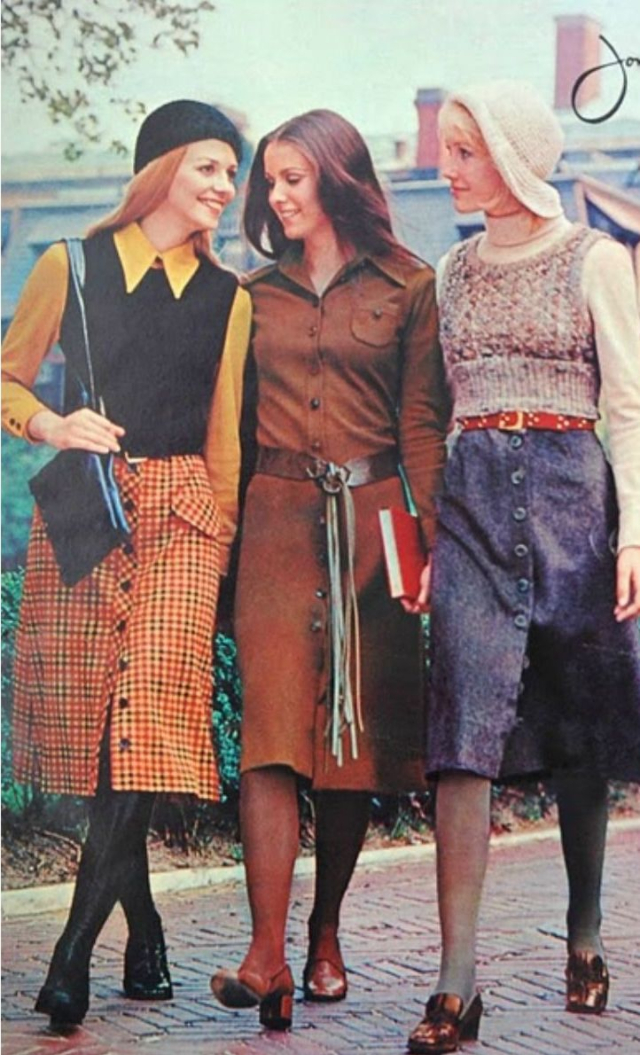Gaucho pants are wide-legged trousers for women with a cuff that ends around mid calf. Taking their name from pants once worn by South American cowboys, they were in style for a brief period in the early to mid-1970s. They were similar to the culotte short or skort, but gauchos were longer and meant to serve as a more formal, workplace-friendly alternative to skirts and slacks.
French designer Yves Saint Laurent was the first to popularize a more masculine look for women’s wear. His trouser suits and le smoking tuxedo jacket quickly caught on with fashion-conscious women after 1968. Over the next few years sales of trousers skyrocketed over dresses and skirts. The boom was helped by the women’s liberation movement, with its acceptance of unconventional roles for women. Bans against wearing pants to formal events and in the workplace declined considerably, making room for gaucho pants. The pants were borrowed from the costume of the pampas cowboy in Argentina and Uruguay. These cowboys, called gauchos, achieved mythic status for their riding skills and fierce independence in the 18th and 19th centuries. Though somewhat unusual in cut, gaucho pants reflected the growing interest in ethnic looks and world cultures in the late 1960s and 1970s. Fashion writers praised them as one of the new, modern alternatives to skirts.
Gauchos first made an impact in the fall of 1970. American designer Anne Klein offered gray flannel gauchos that appeared in an August 30, 1970, issue of the New York Times Magazine’s twice-yearly fashion supplement. They soon caught on with the mass-market apparel sellers. Often they were shown with boots, another new trend in women’s wear of the era. Within a few years, however, gauchos had declined in popularity. The mid-calf length broke the line of the leg, and they seemed to give the wearer a wider silhouette, or shape, than desired. Unflattering to most, they eventually became synonymous with some of the decade’s more ill-advised fashion fads.






























